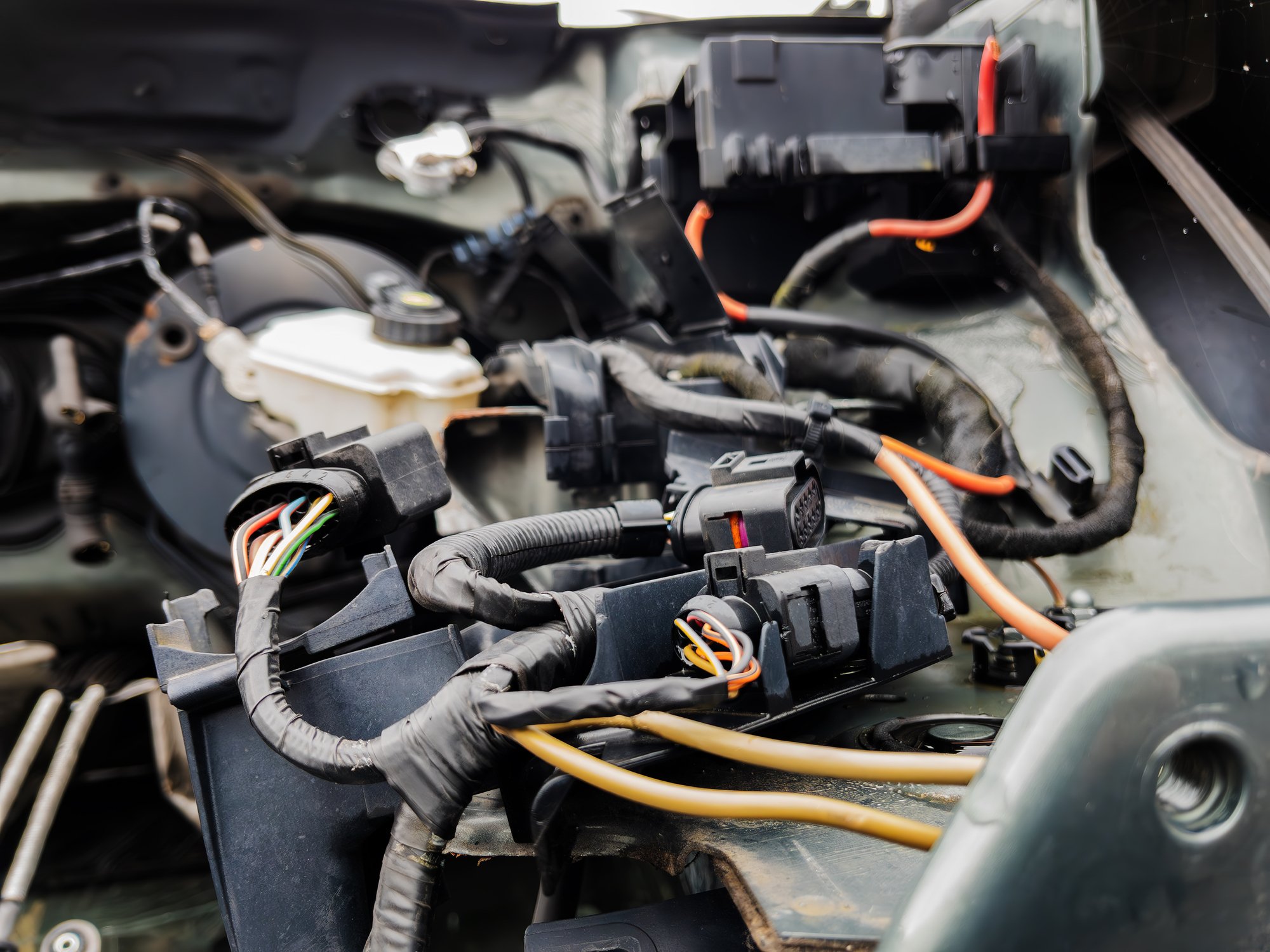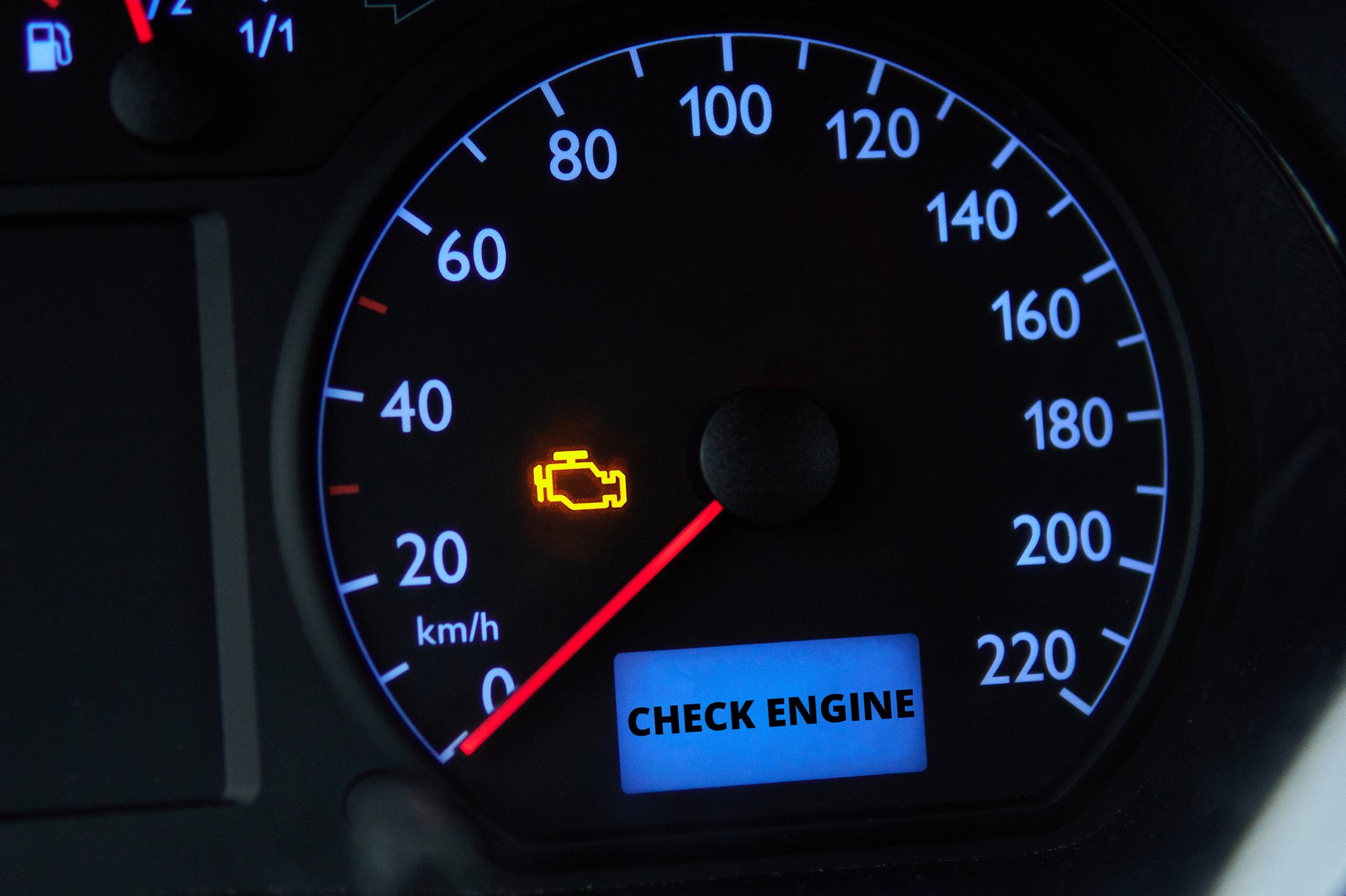Electrical Problem
DIY Solutions
Your vehicle's electrical system is the lifeline that powers everything from starting the engine to operating power windows and modern safety features. When electrical issues arise, they can leave you stranded, compromise safety systems, or cause frustrating intermittent problems. Tinker DIY helps customers identify and solve electrical problems through expert guidance, saving time and money while preventing minor issues from becoming major repairs.


Signs of a Failing Electrical System
Recognizing the early warning signs of electrical problems can save you from being stranded on the roadside or facing expensive repairs. Modern vehicles rely heavily on properly functioning electrical components, making it crucial to address these symptoms before they escalate into more serious issues.
Causes of Electrical Problem
Electrical problems in modern vehicles can stem from various sources, ranging from simple connection issues to complex component failures. Understanding these common causes helps pinpoint the right solution and prevents you from replacing parts unnecessarily.
A weak or dead battery can cause frequent starting issues and place extra stress on the alternator as it attempts to compensate.
The starter motor uses battery power to crank the engine and initiate the combustion process. A failing starter can prevent the engine from turning over.
Corrosion at battery terminals creates resistance that prevents proper current flow, causing starting problems and potential damage to sensitive electrical parts.
A worn ignition switch creates intermittent electrical connections, causing your vehicle to stall unexpectedly or preventing it from starting despite having a good battery.

Tinker: Instant, one-on-one Expert help for Auto DIYers
Start growing and sharing your auto DIY skills on Tinker.Try it at no cost! Launching on Oct 16th, 2023.

Get Professional Electrical Help
From Tinker DIY
By choosing Tinker DIY, you'll save hundreds on diagnostic fees and unnecessary parts replacement that often happen at repair shops. Our experts help you understand your vehicle's electrical system while guiding you through fixes you can handle yourself. Even if a repair requires professional tools, you'll approach the shop with knowledge about your specific electrical issue, preventing overcharges and unnecessary work. This approach builds confidence in maintaining your car's electrical components and extends the life of your vehicle's electrical system.
Your Questions, Answered
-
Can I fix electrical problems myself?
Many electrical issues like replacing a dead battery, cleaning battery terminals, or changing blown fuses are simple DIY repairs. However, complex problems involving the alternator, starter motor, or extensive faulty wiring may require specialized tools and expertise, which is where Tinker DIY's expert guidance becomes invaluable.
-
What causes dashboard lights to flicker?
Flickering dashboard lights typically indicate an inconsistent power supply, most commonly caused by a bad alternator that isn't properly charging the system. Other potential causes include loose battery cables, corroded connections, or a failing voltage regulator in your vehicle's electrical system.
-
How often should I check my car's battery?
You should inspect your car battery and its terminals about every 6 months, especially before extreme weather seasons. Regular maintenance, including checking battery voltage and cleaning connections, helps prevent electrical problems and extends battery life in modern vehicles.
-
What is the role of the alternator in the electrical system?
The alternator generates electrical power while your engine runs, recharging your car's battery and supplying electricity to all components when the vehicle is operating. When an alternator fails, your car initially runs on battery power alone before eventually stalling once the battery depletes.
-
How can I tell if my electrical problem is covered under warranty?
Most new vehicles include comprehensive coverage for electrical components under the manufacturer's warranty, typically 3-5 years. Check your vehicle's warranty documentation for specific terms. Even with an expired factory warranty, many electrical issues may be covered under extended warranty plans or, in some cases, special manufacturer service programs for known electrical faults.

